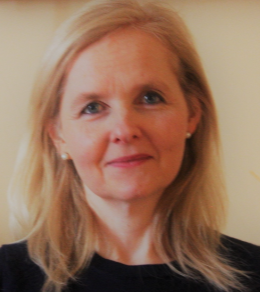by Sarah Brown, Senior Journal Manager

In our first highlights collection of 2024, we are delighted to feature three topical open access articles illuminating several different perspectives on feminist politics. All three emphasise the importance of considering intersectionality in politics and policymaking, which we’ve underlined in our previous spotlight features, for example with Professor Julia Jordan-Zachary and Dr Tiffany Manuel.
In the first article, Charlène Calderaro explores the racialisation of sexism, looking at how race frames shape anti-street harassment policies in her case studies from Britain and France.
To introduce her research, Calderaro points out that, while gender-based violence is increasingly addressed through public policy, it also follows a process of ‘othering’ marked by racialisation in many European contexts. This racialisation process is particularly evident when examining the problem of gender-based violence in public spaces, for example, street harassment, where sexism is often attributed to migrant men or men from ethnic minorities. However, the extent of this racialisation process varies significantly across national contexts.
The findings show that the racialisation of sexism in policy-making against gender-based violence can be exacerbated by nationally embedded ideas on race and racism. It also suggests that, by extension, these different conceptions of race can affect the ability to prevent “femonationalism”, which refers to the increasing use of women’s rights to foster nationalism in the form of racial exclusion.
Continue reading

 Cristina
Cristina  New research articles for course reading lists in Public Policy, Politics and Social Policy from Policy & Politics. By Oscar Berglund, Lecturer in International Public and Social Policy, School for Policy Studies, University of Bristol.
New research articles for course reading lists in Public Policy, Politics and Social Policy from Policy & Politics. By Oscar Berglund, Lecturer in International Public and Social Policy, School for Policy Studies, University of Bristol. Oliver Loveday-Fuller
Oliver Loveday-Fuller Sarah Brown,
Sarah Brown, Matthew Flinders
Matthew Flinders
 Patsy Healey
Patsy Healey